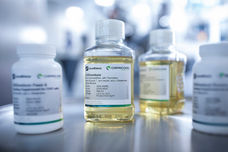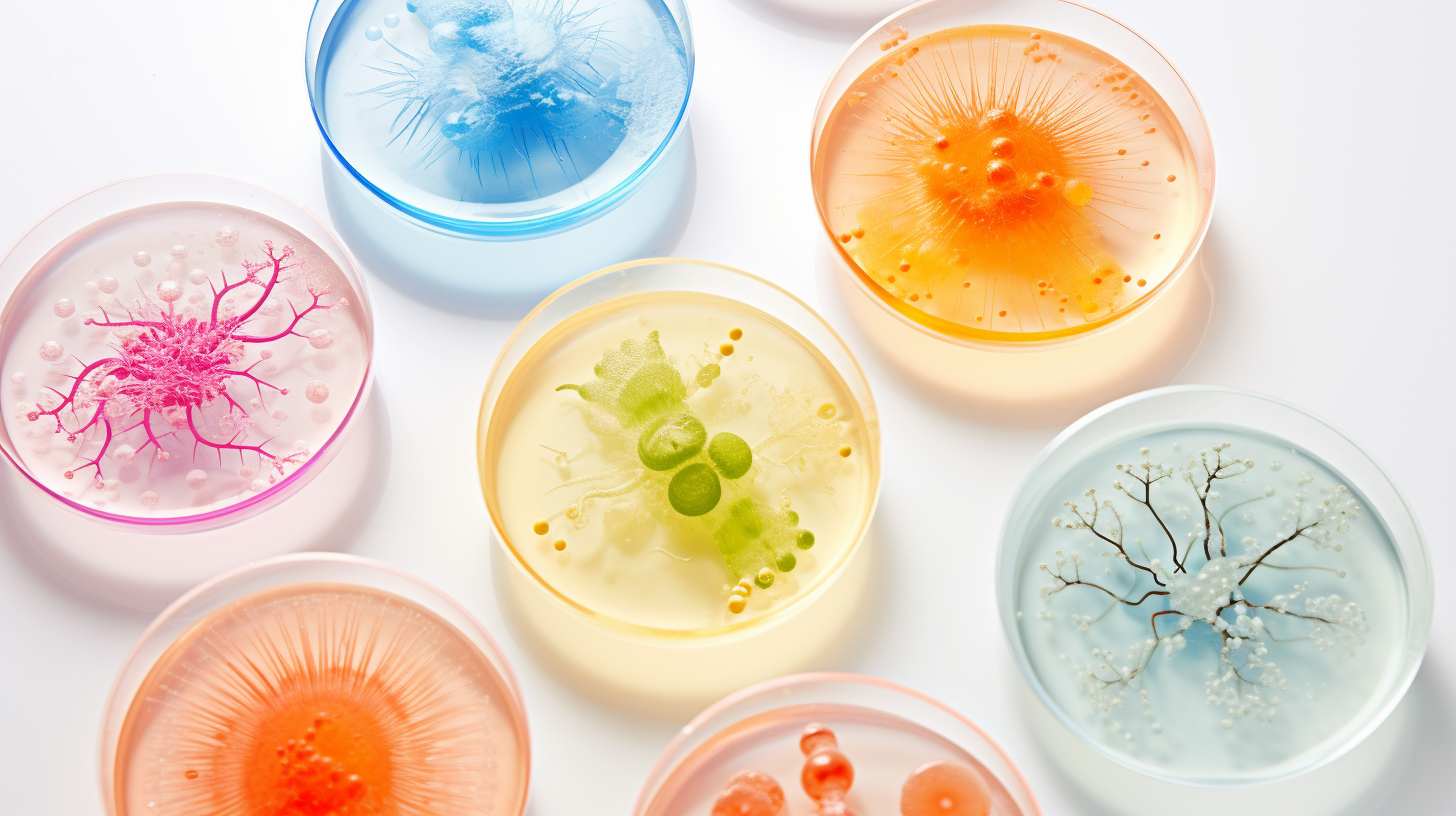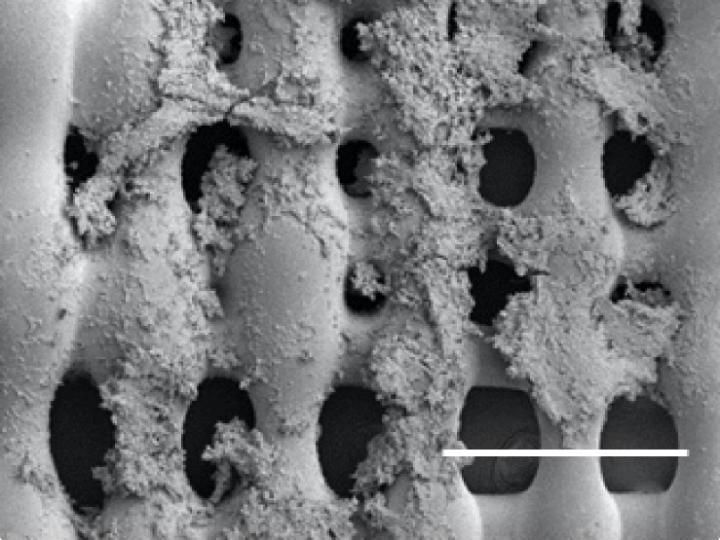Sigma-Aldrich to Acquire JRH Biosciences to Broaden Life Science Capabilities
Sigma-Aldrich Corporation announced that it has signed a definitive agreement to acquire the JRH Biosciences division (JRH) of CSL Limited, for $370 million in cash, subject to normal closing adjustments. JRH is a leading global supplier of cell culture and sera products to the biopharmaceutical industry with 2004 sales of approximately $150 million, which are expected to increase by approximately 10% in 2005. As much as ten months of JRH's operating results will be added to Sigma-Aldrich's performance in 2005 depending on the closing date for the transaction.
JRH is headquartered in Lenexa, Kansas, and has major manufacturing facilities in the United States, Europe and Australia and serum collection and processing centers in the United States and Australia. The company's product lines include sera, cell culture media used in the production of therapeutic proteins, reagent growth factors and biological material containers. JRH has approximately 400 employees.
The transaction has been approved by the boards of directors of both companies and, subject to regulatory approvals and other customary terms and conditions, is expected to close in the first quarter of 2005.
Other news from the department business & finance
These products might interest you

CHOventure Growth Medium by Capricorn Scientific
High-Yield Protein Production with CHO Cells for Biopharmaceutical Applications
Optimized for High-Density Cultures and Enhanced Protein Yields in CHO Cell Bioprocessing

HEK Media by Sartorius
Serum-free cell culture media for HEK cells
Optimised for HEK293 cells and viral vector production, ISO 9001 certified

Get the life science industry in your inbox
By submitting this form you agree that LUMITOS AG will send you the newsletter(s) selected above by email. Your data will not be passed on to third parties. Your data will be stored and processed in accordance with our data protection regulations. LUMITOS may contact you by email for the purpose of advertising or market and opinion surveys. You can revoke your consent at any time without giving reasons to LUMITOS AG, Ernst-Augustin-Str. 2, 12489 Berlin, Germany or by e-mail at revoke@lumitos.com with effect for the future. In addition, each email contains a link to unsubscribe from the corresponding newsletter.
More news from our other portals
See the theme worlds for related content
Topic world Cell culture technology
Cell culture technology is a central pillar in biotechnological and pharmaceutical research and development. It enables the growth and maintenance of cells under controlled laboratory conditions, providing a window into the molecular and cellular processes of life.

Topic world Cell culture technology
Cell culture technology is a central pillar in biotechnological and pharmaceutical research and development. It enables the growth and maintenance of cells under controlled laboratory conditions, providing a window into the molecular and cellular processes of life.
Last viewed contents
A pesticide-free way to combat mosquitos and West Nile virus
Big cattle: The genes that determine carcass weight
Latin America is set to gain more and more momentum as a possible destination for clinical trials
Glycyrrhizin
Body_fat_redistribution_(BFR)_syndrome
Rare Her2 mutations may not always spur breast cancers on their own
Summit's lead drug candidate enters phase II clinical trials - Candidate targets sialorrhoea, a symptom of Parkinson's disease
William_Scholl

Severity of enzyme deficiency central to favism

How COVID-19 permanently damages the heart - Research team shows for the first time how the inflammation in COVID 19 alters the smallest vessels in the heart

Better scaffolds help scientists study cancer

























































